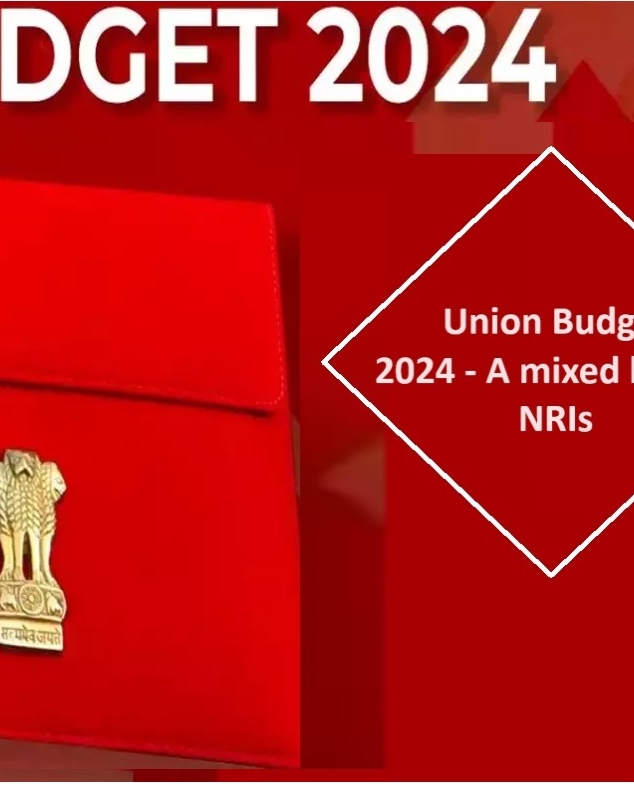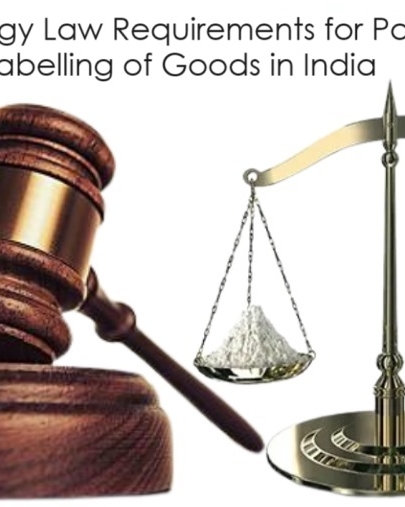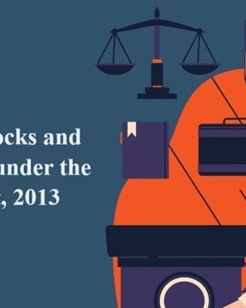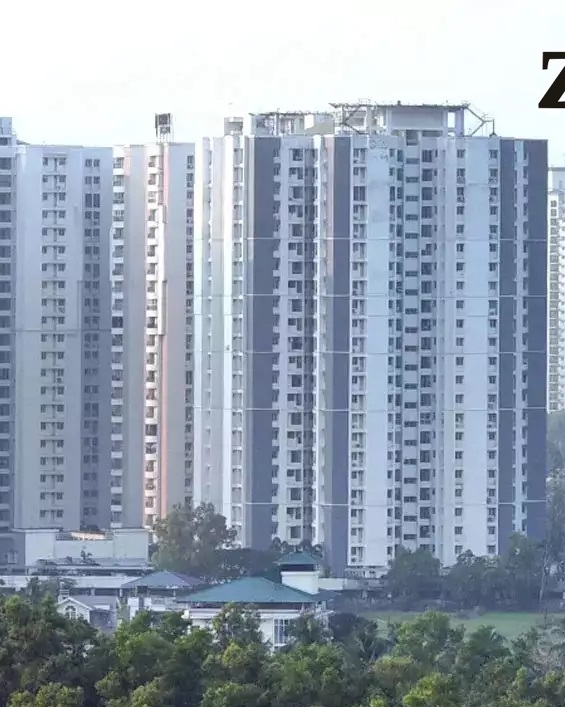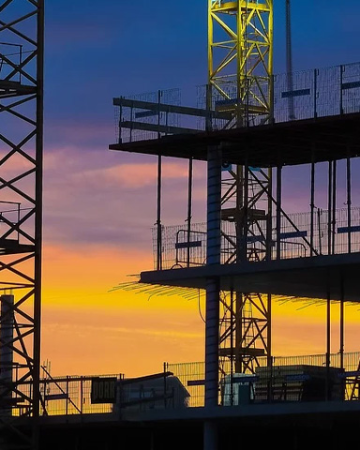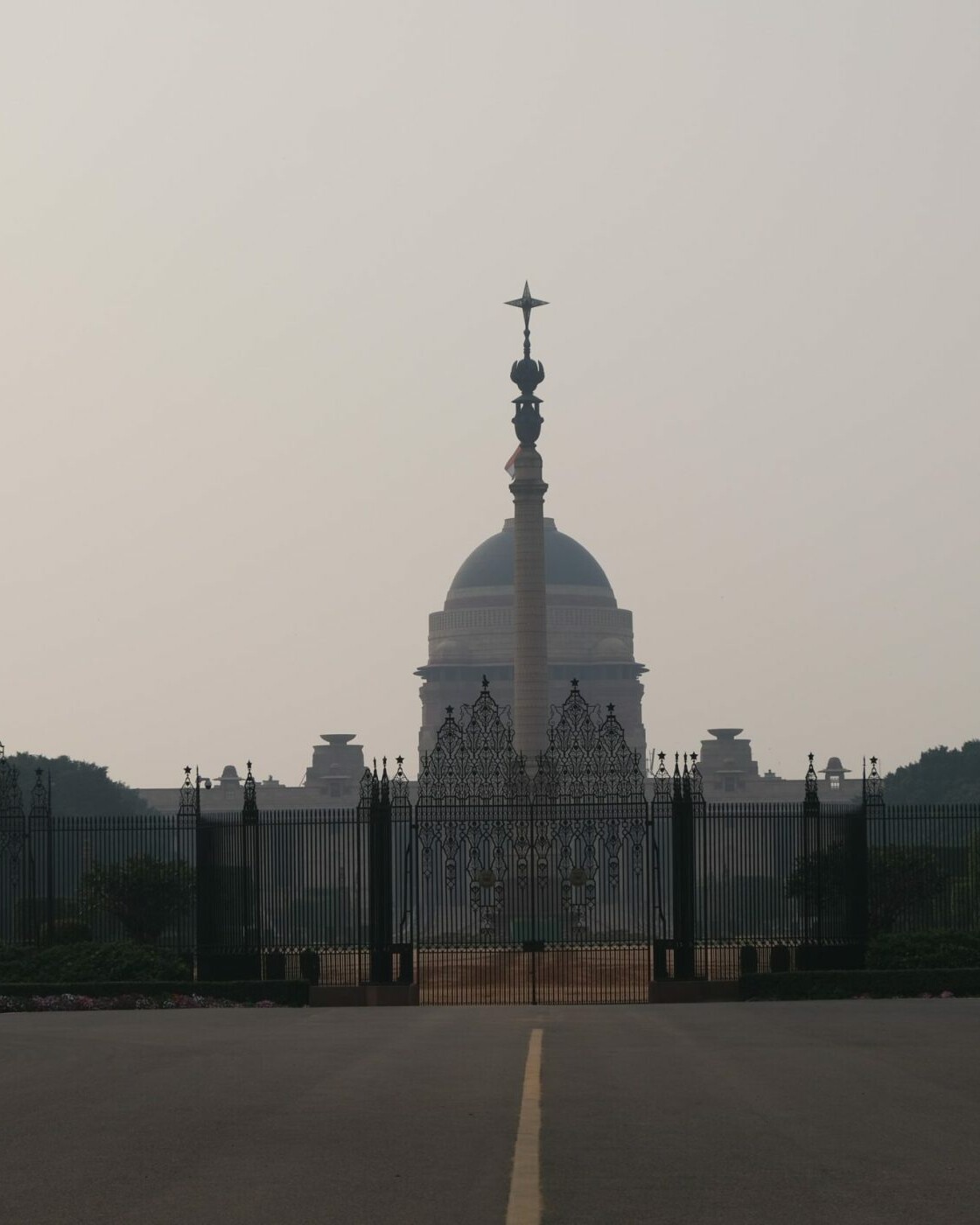Enforcement of Arbitral Awards in India: The Paradox
Authors: Neetika Bajaj, Managing Associate and Surbhi Bhuraria, Senior Associate at ZEUS Law
Published in Live Law on 23rd July 2023
The Arbitration and Conciliation Act, 1996 (“the Arbitration Act”) is like that scripture that never stops giving. Every time you read it, you discover a new meaning, a new interpretation and a new paradox. Speaking of paradoxes, it is a fact that success of any dispute resolution system largely depends on the effectiveness of the enforcement mechanism provided in it. The Arbitration Act provides that an arbitral award will be enforced “in accordance with the provisions of the Code of Civil Procedure, 1908, (“CPC”) in the same manner as if it were a decree of the Court”.
We all have heard of the adage that “the difficulties of a litigant in India begin when he has obtained a decree”[1]. This statement of the Privy Council, capturing the agony of the decree holders, still holds true even after almost 150 years. Getting a favourable decree from the court is just half the battle won, the real struggle begins when the decree holder approaches the executing court. The Supreme Court has lamented the situation repeatedly and consistently over the years. In 2016, the Supreme Court, while passing the judgment in Satyawati vs. Rajinder Singh and Another[2], expressed its disappointment by remarking that “It is really agonizing to learn that the Appellant – Decree – Holder is unable to enjoy the fruits of her success even today i.e. in 2013 though the Appellant – Plaintiff had finally succeeded in January 1996”. Years have passed but the ground reality refuses to change.
In 2021, a three- judge bench of the Supreme Court, in Rahul S. Shah Vs. Jinendra Kumar Gandhi[3], issued a direction that Executing Courts must dispose of the Execution Proceedings within six months from the date of filing, which may be extended only by recording reasons in writing for such delay. In 2022, a two- judge bench of the apex court, reiterated the position. However, it still needs to be seen how much of a difference these decisions would make in practice on an overburdened judiciary.
But the question is why do the decree-holders have to go through so much struggle to execute what has already been granted in their favour after a hard and arduous court battle. The flaw can be attributed to both the procedure and the system. Order XXI of the CPC, which lays down the rules and procedure for the execution of decrees, is a comprehensive collection of 106 Rules (Rules 60- 63 omitted) laying down the mechanism for stay of execution, mode of execution, attachment procedure to fulfil the decree, adjudication of claims and objections, etc. The issues with the mechanism are several and severe. The Order and extensive Rules therein provide too many avenues to the judgment-debtor to escape the liability by filing unnecessary appeals, applications, objections, non-disclosure of assets, etc. It is not just the judgment-debtor who is at fault for prolonging the proceedings, the courts also attribute more importance to the adjudication of the petitions and suits than the execution of the decrees. This is really the irony and the travesty of the system.
Coming to the Arbitration Act, once an arbitral award has been granted in favour of a party, it would have to wait for a period of three (3) months for the enforcement and execution of the award[4]. During this period of three (3) months, which is extendable by 30 days, the award may be challenged in terms of Section 34 of the Act. On achieving the finality, and in the absence of any stay on execution granted by the court under Section 36(3) of the Arbitration Act, the award- holder knocks the doors of the appropriate executing court for executing the award as if it was a decree of the court. In the absence of any procedure laid down under the Arbitration Act itself, for the execution of the arbitral awards, the award-holder has to face the very courts it wanted to avoid by opting for adjudication under an alternate dispute resolution.
While the Arbitration Act provides for a maximum time-limit of 18 months (from the date of completion of pleadings) for completion of proceedings and passing of the award, which can be further extended only by the court on providing reasons for delay, there is no time-limit in getting that award executed and enforced. And there lies the paradox. The intent of the Arbitration Act to provide speedy resolution of the disputes gets completely defeated by the enormous delays caused in executing these awards. The award remains a paper tiger until it gets executed.
In 2021, there were a total of 14,19,298[5] reported execution petitions pending in the lower courts. The figures for high courts of original jurisdictions are no less alarming. As on date, 32,397 execution petitions are pending before the Delhi High Court and 11,229 petitions are pending before the Bombay High Court[6]. In 2022, in the matter of Delhi Airport Metro Express Private Limited vs Delhi Metro Rail Corporation Ltd.[7], the Supreme Court categorically observed that India cannot aspire to be an international arbitration hub if there is no enforcement of arbitration awards. This was in relation to a 2017 award granting INR 7200 crores in the favour of Delhi Metro Rail Corporation.
An arbitral award without any provision for its speedy disposal is an anathema to the arbitration proceedings. There is a need to not just overhaul the system at the level of legislation but a serious re-think is required on the procedural level too. We can begin by increasing the number of benches for disposal of execution petitions in a time-bound manner as has been the repeated call of the Supreme Court. Thought can also be given to trimming the procedure, as provided in the CPC, specifically, for the execution of the arbitral awards. The Government of India has recently constituted a committee for suggesting reforms to the Arbitration Act. It is absolutely imperative that the committee seriously considers the issue of delay in execution of the arbitral awards to truly bring out the reforms in the arbitration landscape of India.
This article is written by Neetika Bajaj, Managing Associate and Surbhi Bhuraria, Associate, Zeus Law Associates. Views are personal.
[1] General Manager of the Raj Durbhunga vs. Coomar Ramaput Singh (1871 – 72) 14 MIA 605
[2] (2013) 9 SCC 491
[3] (2021) 6 SCC 418
[4] Section 34(3) of the Act.
[5]https://www.thehindubusinessline.com/business-laws/gavel-pagethe-emerging-jurisprudence-for-quicker-execution-of-decrees/article65321133.ece
[6] https://njdg.ecourts.gov.in/njdgnew/index.php
[7] SLP (C) No. 21396/ 2022







